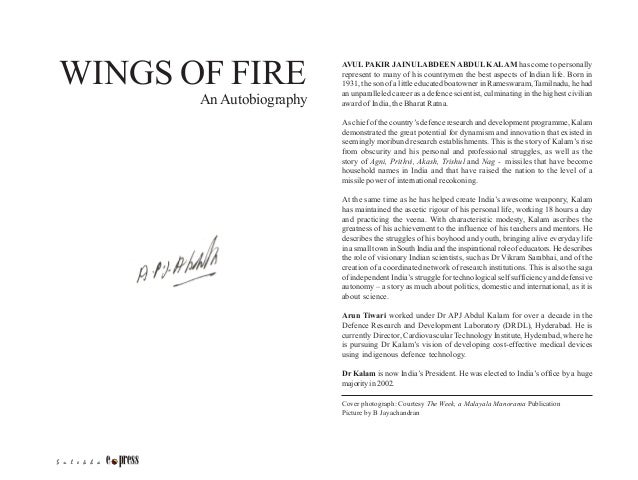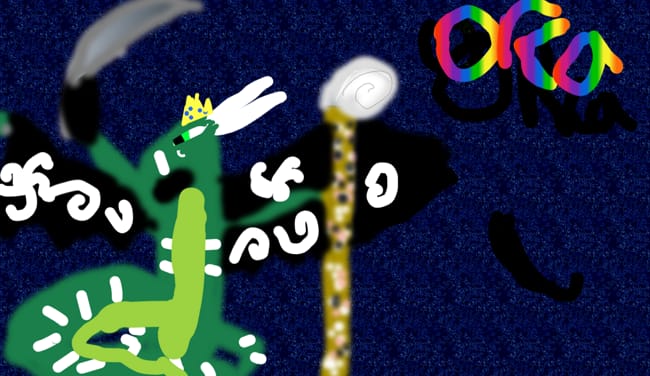

In Nicaragua, she is a likeable child, a voracious reader and careful observer, but the predominant trait of her adolescence and young adulthood is a haughtiness more appreciated by the narrator than the reader. Juliet does not so much develop as stagnate. In the process, the year-and-a-half her family spent in Nicaragua gradually recedes into the background, and Snyder’s occasional attempts to show the impact of this experience on the development of her central character feel contrived. The book unfortunately slips during its second half when the Friesens move to an unnamed city in an unnamed province in Canada and Juliet turns from child to adolescent to young adult. Their brief interlude in paradise comes to an end when the Roots of Justice catch wind of an American warship planning to intercept a Soviet cargo carrier offshore from where the Friesens are staying - the Americans claim the carrier holds “a shipment of Soviet-made fighter jets.” Busloads of volunteers soon arrive, including their father. Juliet watches “local boys run into the waves and scoop out fish with their bare hands or catch the shining, flailing bodies with primitive poles.” Gloria has a romance of her own with a European man whose wife works as a physician for the Red Cross. Their lazy days by the Pacific are captured in strong, compact descriptions. After the Friesens receive a bomb threat, Juliet, her mother and her two brothers move temporarily to a beach house in a small fishing port while Bram remains in Managua. Through Juliet’s eyes, we witness the idealistic members of the Roots of Justice staying up late into the night singing songs and drinking amid a haze of cigarette smoke. That Juliet’s father, Bram, proves to be a Lothario is one of the book’s more subtle and deft touches.


Gloria’s frayed emotions cannot only be attributed to the demands of raising a family on her own in a strange and dangerous place, with inadequate means, but also to the fact that her marriage is beginning to dissolve. When she is not nursing the baby, she spends much of her time sequestered in her bedroom, closed off from Juliet and her brothers by a beaded curtain that the baby eventually pulls apart. Gloria, Juliet’s mother, is the most compelling character in this section of the book. Instead, we are left behind in Managua with Juliet, her two younger brothers - one of whom is a newborn - and her emotionally frayed mother as they live out their days and nights in this rundown yet colourful city pungent with cooking fires and populated by urchins, mangy dogs and wandering livestock. “They will wear matching green t-shirts and they will hold hands and sing songs.” We are not transported to these border towns to witness the hand-holding and song-singing or, for that matter, the devastation of war it is where Juliet’s father goes, along with the other men in the organization. As the narrator tells us, assuming Juliet’s voice, the Roots of Justice will travel to border towns where the fighting takes place and “they will stand, peaceful and strong, in between” ordinary Nicaraguans and the American paramilitary and local rebel forces who make up the counter-revolutionaries - Contras for short.

Juliet’s parents, Bram and Gloria, work for a Christian peacekeeping organization called the Roots of Justice. It is 1984, and Nicaragua has recently experienced a violent revolution, its near half-century-long dictatorship overthrown by the Sandinista National Liberation Front (FSLN or Sandinistas for short), a socialist government feared and sabotaged by the Reagan administration. This advertisement has not loaded yet, but your article continues below.


 0 kommentar(er)
0 kommentar(er)
